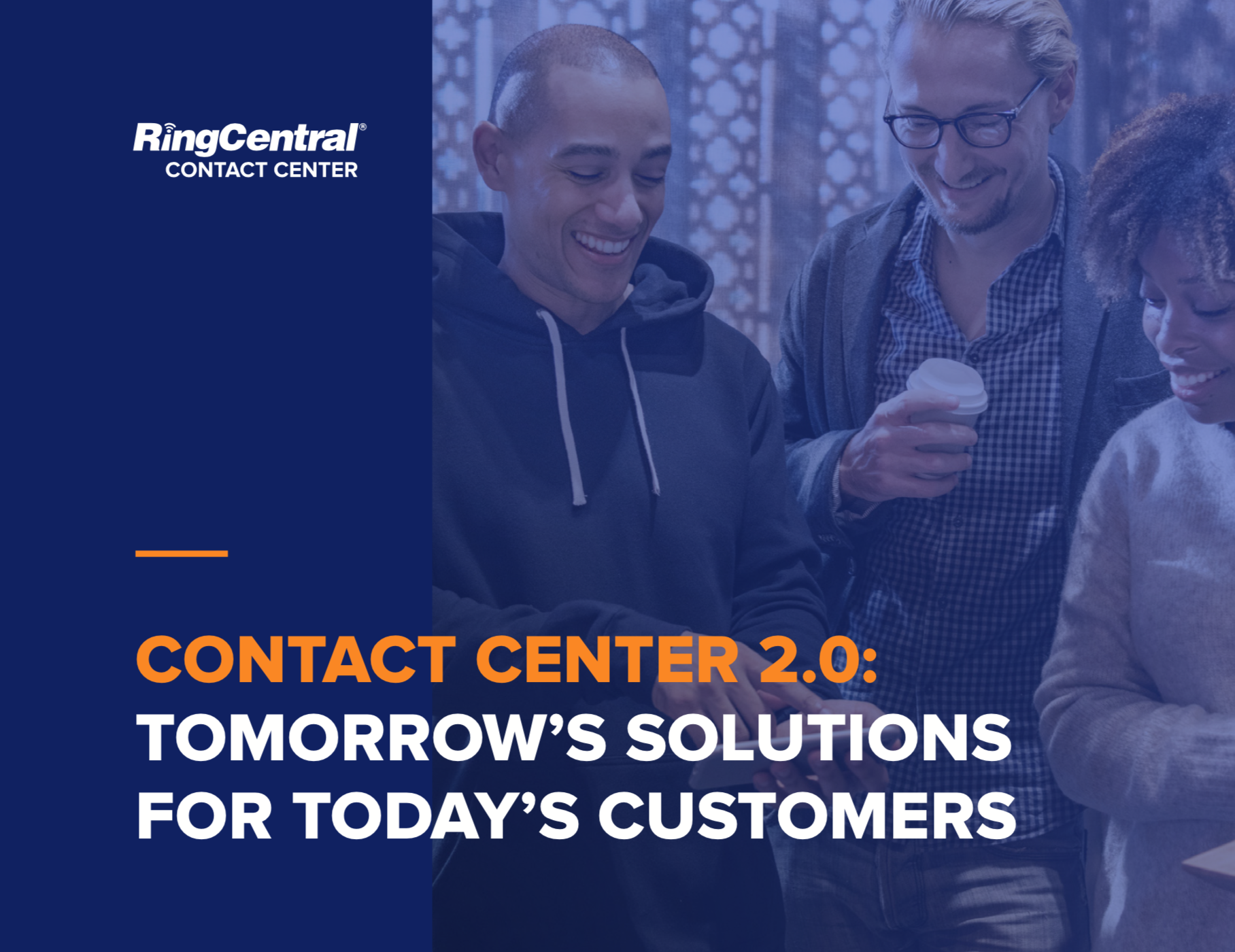It’s difficult to find consumers who thoroughly enjoy today’s contact center experience. No one is thrilled with the automated attendant greeting, an unintelligent voice system, or the incredibly cumbersome means required to talk to another human being.
The growth of digital technologies has triggered a change in human behavior and communication habits—within both interpersonal relationships and in the way we interact with businesses.
Yet, while businesses are continually trying to improve their customer service capabilities so customers can interact with them seamlessly on their touch point of choice, contact centers as a philosophy and practice haven’t changed much in decades. For the most part, customers are still subjected to legacy-based engagement models, scaled through both old and newer technologies, and measured through formulas that struggle to keep up with evolving customer behaviors, expectations, and preferences.
It’s time to close the chapter on Contact Center 1.0. Companies must make customer engagement experiential, intuitive, and collaborative for a modern customer in modern times. Read on to discover how adopting Contact Center 2.0 can help you achieve those gains with minimal risk to operations, budgets, and customers.
